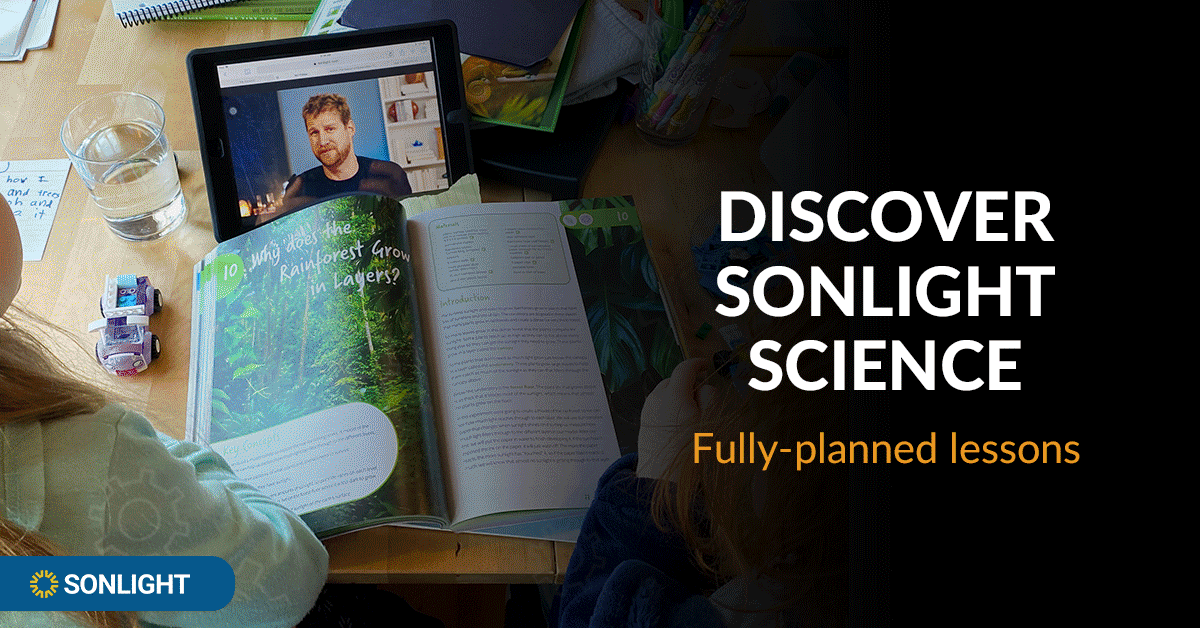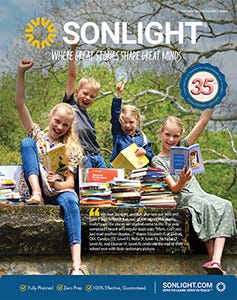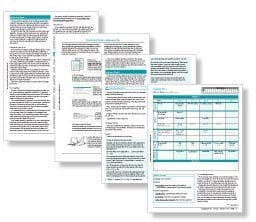We use cookies for performance, analytics and marketing. By using this site, you agree to our use of cookies. For more information, view our Cookie Notice and Privacy Policy.
Science for 3rd Graders
Discover the best science curriculum choices for third grade, find out what key scientific concepts are appropriate for third graders, and get tips for teaching science at this grade level. This is everything you need for third grade science in your homeschool.
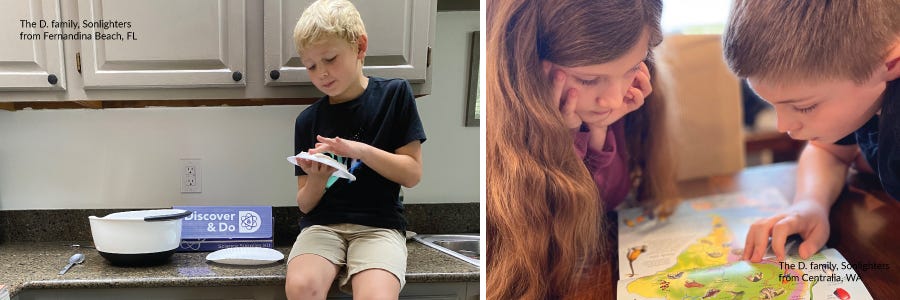

Third Grade Science Curriculum
It may be hard to believe, but your third grader is at the halfway point of their elementary education! With this in mind, let’s discuss the foundational learning required in third-grade science and how to best approach science in your homeschool.
Early elementary science education typically covers a generalized list of topics related to earth and life science. A third-grade science curriculum builds on this foundation, adding more complexity and depth to the learning.
This gradual layering of more and more scientific concepts is the basis of Sonlight’s approach to science. Because of this, we offer two options for third-grade science. This allows you to individualize your approach based on your child’s interests and needs.
Our science curriculum choices for third grade are all literature based and include hands-on, STEM focused activities and experiments.
Third Grade Science Standards
While adoption of Common Core Standards varies state by state, science is not included in Common Core at the third-grade level.
There are, however, some essential topics you can expect to cover in a third-grade science curriculum. These typically include:
- Ecosystems and Ecology
- Forces and changes in motion (gravity, friction)
- Weather and climate
- The Scientific Process
These concepts build on the lessons learned in previous grades and add a more complex view of the scientific world around us.
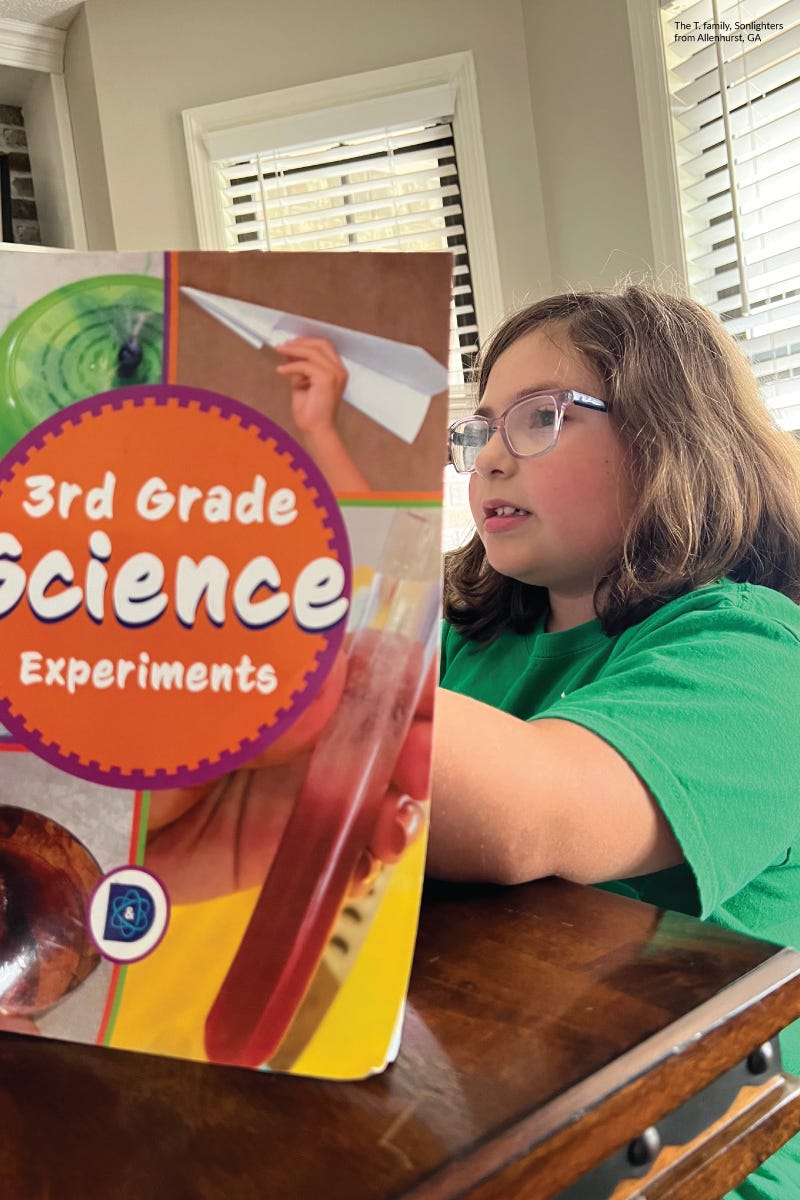

State Testing: Third Grade Science
In many states, third grade marks the first year for standardized testing. However, few states require any sort of standardized test for science at this age.
When third grade state testing includes science, the expectation is that students will be able to show:
- An understanding of the content itself
- The ability to investigate and reason scientifically
- The capacity to connect concepts across subjects
This assessment of standards focuses on the learner's ability to think critically and apply scientific knowledge, something that is strengthened through the hands-on practice and application ingrained in Sonlight Science.
Third Grade Science Resources To Create An Engaging Learning Experience
An excellent science curriculum involves the student in the learning through a variety of materials and resources. A multisensory approach to learning makes the concepts more accessible to a variety of learning styles and needs.
Our approach to science includes various modalities to make learning engaging and accessible.Each Sonlight Science program includes an Instructor's Guide, a collection of captivating books, and hands-on experiments.
You’ll find our approach encompasses:
- Literature Based Lessons
- STEM Focused Experiments
- Science Projects
- Worksheets for Practice
- Engaging Books
- Critical Thinking Questions
- Vocabulary Exercises
A robust third-grade science curriculum should foster your child’s natural curiosity about the world around them.
3rd Grade Science FAQ’s
3rd Grade Science: Weekly Lesson Planning
In order to maintain the highest of standards in the ever changing world of science, a third grade science curriculum should necessarily take an integrated approach to third grade science.
For example, our science curriculum centers on a literature based, hands-on, STEM focused method designed to increase your child’s understanding and engagement in learning about the world around them.
A typical week of integrated science for third grade includes:
- Days 1-3: Reading with your child using included books and your instructor's guide
- Day 4: A science experiment that directly ties to the week’s learning
- Day 5: More reading of high-interest books
With this approach, your science curriculum will strengthen critical thinking skills and foster a curiosity that will last your third grader a lifetime.
